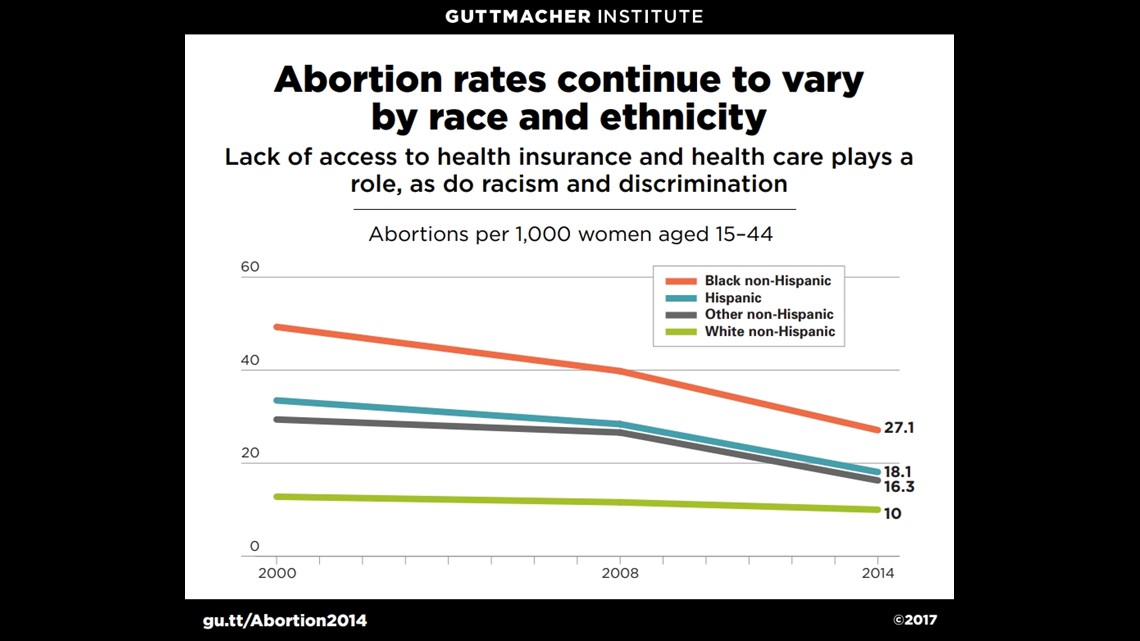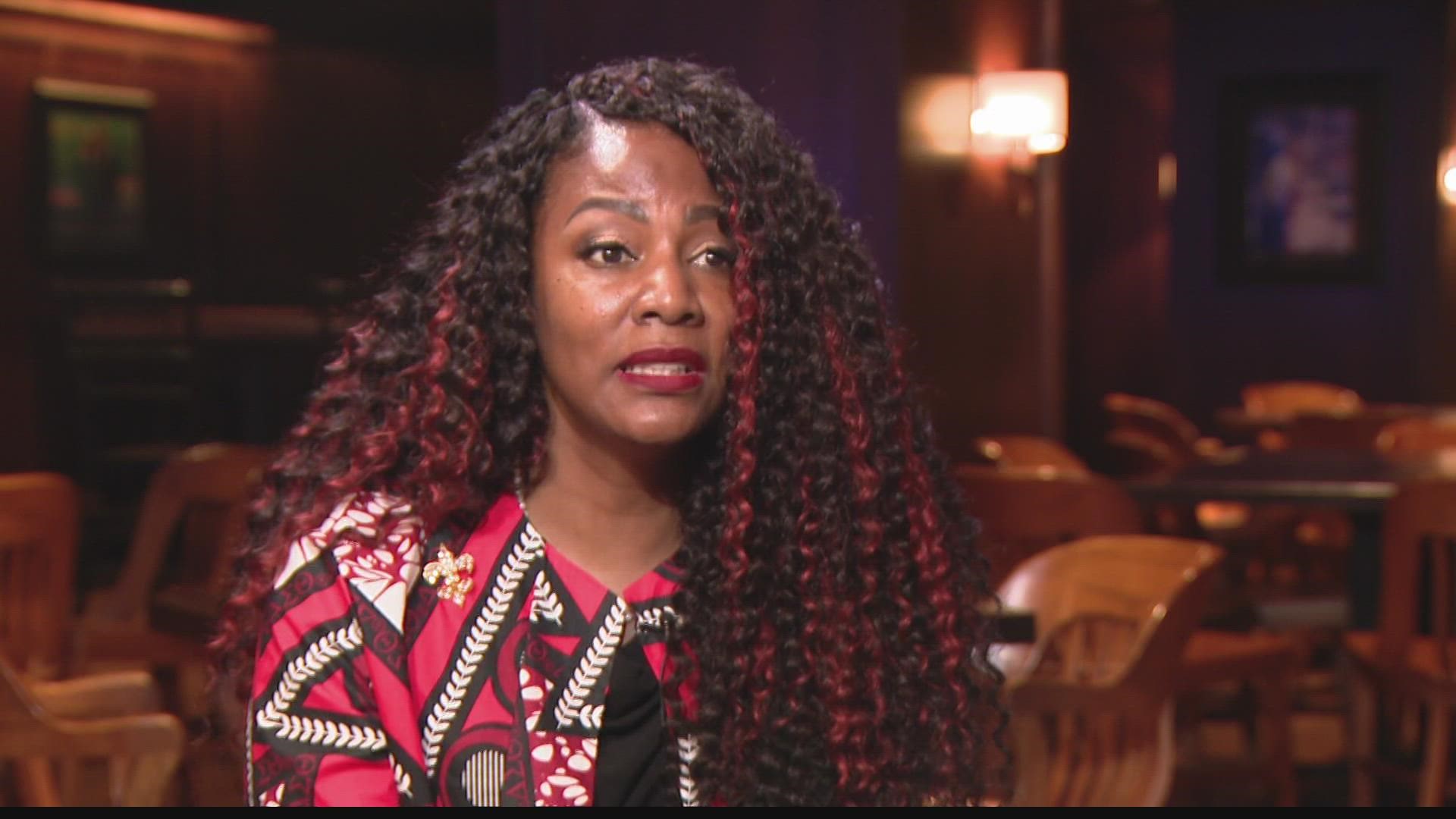ST. LOUIS, Missouri — When news broke last week that the Supreme Court was poised to overturn Roe v. Wade, St. Louis Mayor Tishaura Jones took her frustrations to Twitter and pointed a finger of blame at white women who voted to elect former President Donald Trump in 2016.
"Friendly reminder that [the Supreme Court’s] leaked decision [to overturn Roe] was made possible by….the 53% of white women who voted for Trump in 2016," she tweeted.
Her statistics weren't quite right, but her general point that more white women voted for Donald Trump than Hillary Clinton was still accurate. Exit polling data from the Pew Research Center showed 47% of white women voted for Trump while 45% went for Clinton.
Some of Jones' critics found her remark about race particularly divisive.
Why make that point in that moment?
"Well, it's important to make that point because now it signals that we are all in the same boat," the mayor said in an exclusive one-on-one with 5 On Your Side.
"I ran for this position to have those tough conversations," she said. "We cannot take race out of the picture anywhere in this country because this country was founded on racism."
She said she brushes off her critics online and tries to focus the attention on issues that deserve more attention.
"I don't pay attention to anything anybody says on Twitter more than anybody else does," she said. "I stopped being personally affected by things that people tweet. I wanted to go out and talk about the origins of this decision, and then also how this decision is going to put people's lives in danger, particularly poor Black and brown women in this country."
She described her remark as "inclusive rhetoric" because it says, "'Hey, look, this decision affects all of us, not just white women, not just Black women, not just other women of color.'"
Statistics published by the Guttmacher Institute in 2014 showed that while total abortion figures were trending downward in recent years, Black women were still nearly three times as likely to seek an abortion as their white counterparts.


More recent data from the Kaiser Family Foundation shows that while Black Americans make up 13.4% of the population, Black women account for 38% of abortions in the country.
Jones said the reasons underlying those figures are rooted in disparities in the American health care and education systems.
"Because we also have the least access to primary health care, we have the least access to age-appropriate sex education," she said. "And we saw with the recent pandemic that disparities in health care just got worse for Black and brown people."
Jones sees it as part of her job to fix the public focus on issues that deserve more attention. She doesn't feel her tweet injected race into the issue, but rather highlighted the challenges that already exist in the real world.
"Some of my white ally friends feel that sometimes when we talk about race, or when we have those honest and tough conversations, that we are somehow shaming them. And we're not," she said. "We're just talking about the truth."
"This decision puts all women at risk, whether they are rich, poor, white, Black, brown, whatever. The signaling in this ruling, Judge Alito talks about privacy, and it talks about marital rape, and other really horrendous issues when it comes to a woman's right to just live and thrive in this country."
"Women have had to fight for our existence since this country was founded," she said. "We were not mentioned in the Constitution. Our rights were not enumerated in the Constitution. We didn't get the right to vote for white women until the early 1900s. And then Black women until the 1960s. So we have constantly had to fight for our rights to exist in this country. And that decision is a slippery slope that's going to affect every woman whether she knows it or not."
"You'll have states that will try to prosecute women for trying to take care of themselves and take care of their children. I don't want to live in a country where my body is prosecuted for me simply trying to take care of my health."
You can watch the full interview below:

